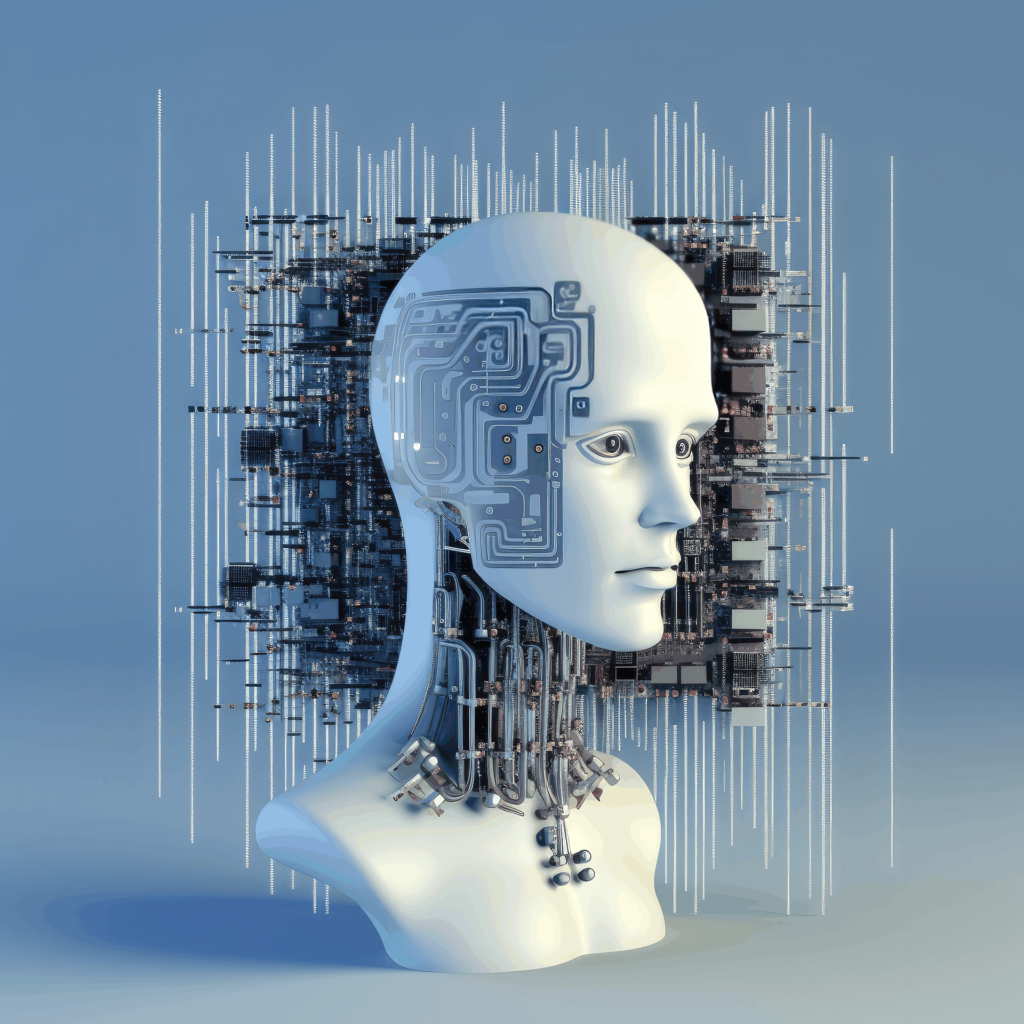Machine Learning: Exploring Ethical Concerns and Solutions

Machine learning technology has revolutionized various aspects of our lives, making tasks easier and more efficient. However, as businesses implement machine learning, it also raises ethical concerns about AI technologies. In this article, we will delve into some of these concerns and explore the ethical debates surrounding them. We will also examine potential solutions and frameworks to address these challenges.
Technological Singularity: Superintelligence and Responsibility
Technological singularity, often referred to as strong AI or superintelligence, is a concept that has captured public attention. It envisions a future where AI surpasses human intelligence in practically every field. While the idea of superintelligence may not be imminent, it raises interesting questions about the use of autonomous systems like self-driving cars.
The development of autonomous vehicles introduces the ethical dilemma of responsibility in the event of accidents. While it is unrealistic to expect driverless cars to never have accidents, determining liability becomes a complex issue. Should we limit the development of autonomous vehicles to semi-autonomous ones that assist human drivers? These questions highlight the ethical debates surrounding the use of AI in high-stakes scenarios.
AI Impact on Jobs: Shifting Demand and Transitioning Roles
Public perception often centers around the fear of job losses due to artificial intelligence. However, this concern should be reframed. History has shown that disruptive technologies shift the demand for specific job roles. For instance, in the automotive industry, manufacturers like GM are shifting their focus to electric vehicle production to align with green initiatives. This shift in demand will require individuals to manage AI systems and address more complex problems in affected industries.
The challenge lies in helping people transition to new roles that are in demand. As AI technology evolves, industries will need individuals with a deep understanding of AI to manage and optimize its applications. Moreover, roles that require human interaction and complex problem-solving, such as customer service, will continue to be in demand. By focusing on reskilling and upskilling efforts, we can ensure a smoother transition for individuals affected by changing job demands.
Privacy: Data Protection and Security
Privacy concerns often revolve around data privacy, protection, and security. Recent years have seen significant strides in legislation to address these concerns. For example, the General Data Protection Regulation (GDPR) was introduced in 2016 to protect personal data in the European Union and European Economic Area. Similarly, the California Consumer Privacy Act (CCPA) requires businesses to inform consumers about the collection of their data.
These legislations have forced companies to reevaluate how they handle personally identifiable information (PII) and prioritize investments in security. Businesses are now more aware of vulnerabilities and the potential for surveillance, hacking, and cyberattacks. Protecting privacy is crucial in the age of AI, and companies must ensure they handle personal data ethically and responsibly.
Bias and Discrimination: Unintended Consequences and Safeguarding Against Biased AI
Instances of bias and discrimination in machine learning systems have raised ethical concerns about the use of artificial intelligence. Incorporating biased human processes as training data can perpetuate bias and discrimination in AI systems. For instance, Amazon unintentionally discriminated against job candidates by gender in their automated hiring process, leading to the project being scrapped.
The use of AI in hiring practices raises questions about what data should be considered when evaluating candidates for a role. Bias and discrimination are not limited to human resources but can also manifest in applications such as facial recognition software and social media algorithms. These ethical challenges highlight the need for companies to actively address bias and discrimination in AI systems.
Accountability: The Need for Ethical AI/Machine Learning Practices and Enforcement Mechanisms
The lack of significant legislation to regulate AI practices creates a gap in ensuring ethical AI is practiced. Currently, the negative repercussions on the bottom line serve as the main incentive for companies to be ethical. Ethical frameworks have emerged as collaborations between ethicists and researchers to guide the construction and distribution of AI models within society.
However, these frameworks only serve as guidance, and there is no real enforcement mechanism to ensure ethical AI practices. Distributed responsibility and a lack of foresight into potential consequences may hinder efforts to prevent harm to society. Addressing this challenge requires a comprehensive approach that involves policymakers, researchers, businesses, and the wider community to establish robust and enforceable ethical practices.
Conclusion: Navigating the Ethical Landscape of Machine Learning
Machine learning has brought numerous benefits to society, but it also presents ethical challenges that require careful consideration. From the concerns of technological singularity and responsibility to the impact on jobs and the need for privacy protection, businesses and policymakers must navigate this landscape with ethical values in mind. Safeguarding against bias and discrimination and establishing accountability mechanisms are crucial for the responsible use of AI.
As technology continues to evolve, it is essential to prioritize ethical AI practices and develop enforceable frameworks. By doing so, we can harness the power of machine learning while ensuring that it aligns with our values and benefits society as a whole. Only through collective efforts can we shape a future where AI technologies are ethically sound and make a positive impact on our lives.

